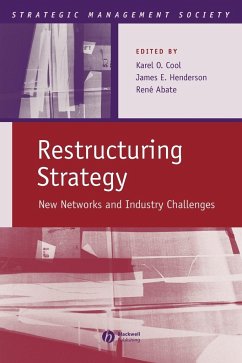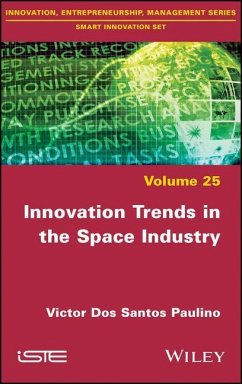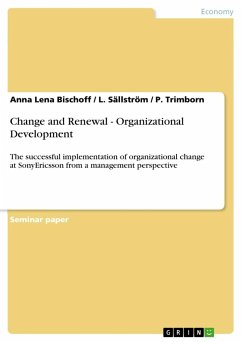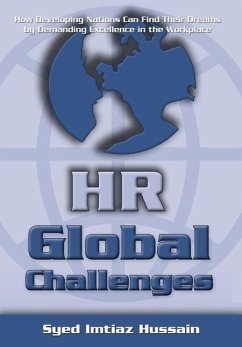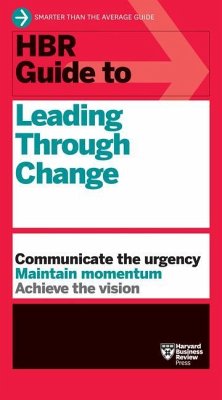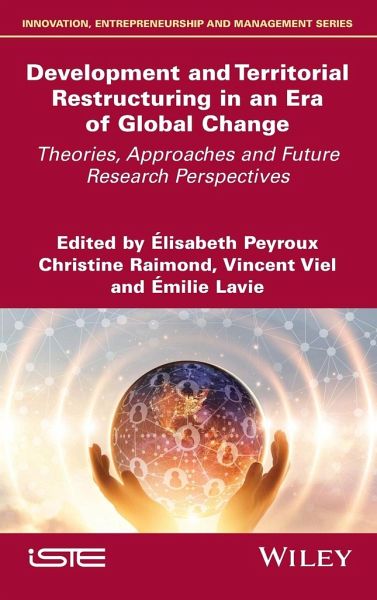
Development and Territorial Restructuring in an Era of Global Change
Theories, Approaches and Future Research Perspectives
Herausgeber: Peyroux, Elisabeth; Lavie, Emilie; Viel, Vincent; Raimond, Christine
Versandkostenfrei!
Versandfertig in über 4 Wochen
145,99 €
inkl. MwSt.
Weitere Ausgaben:

PAYBACK Punkte
73 °P sammeln!
Thinking about development and the environment simultaneously is one of the biggest scientific and societal challenges of the 21st century. Understanding the interactions between biophysical systems and human activities in an era of global change requires overcoming disciplinary divides and opening up new epistemological perspectives. This book explores these challenges using a territorial lens. Combining various scales of analyses (from global to local) and contexts (both urban and rural) in the North and in the South, it analyzes the relationships between environment and development through ...
Thinking about development and the environment simultaneously is one of the biggest scientific and societal challenges of the 21st century. Understanding the interactions between biophysical systems and human activities in an era of global change requires overcoming disciplinary divides and opening up new epistemological perspectives. This book explores these challenges using a territorial lens. Combining various scales of analyses (from global to local) and contexts (both urban and rural) in the North and in the South, it analyzes the relationships between environment and development through a variety of geographical objects (i.e. cities, rural and agricultural areas, coastlines, watershed), themes (i.e. ecological transitions, food, energy, transport, agriculture, mining activities) and methodologies (i.e. qualitative and quantitative approaches, modeling, in situ measurements). By engaging in a dialogue between social science and natural science disciplines, within different fields and with a variety of forms of knowledge production, this book provides essential information for understanding and reading the complexity of a globalized world. This book is targeted at academics and students in social sciences and at stakeholders in the field of territorial and environmental management.





